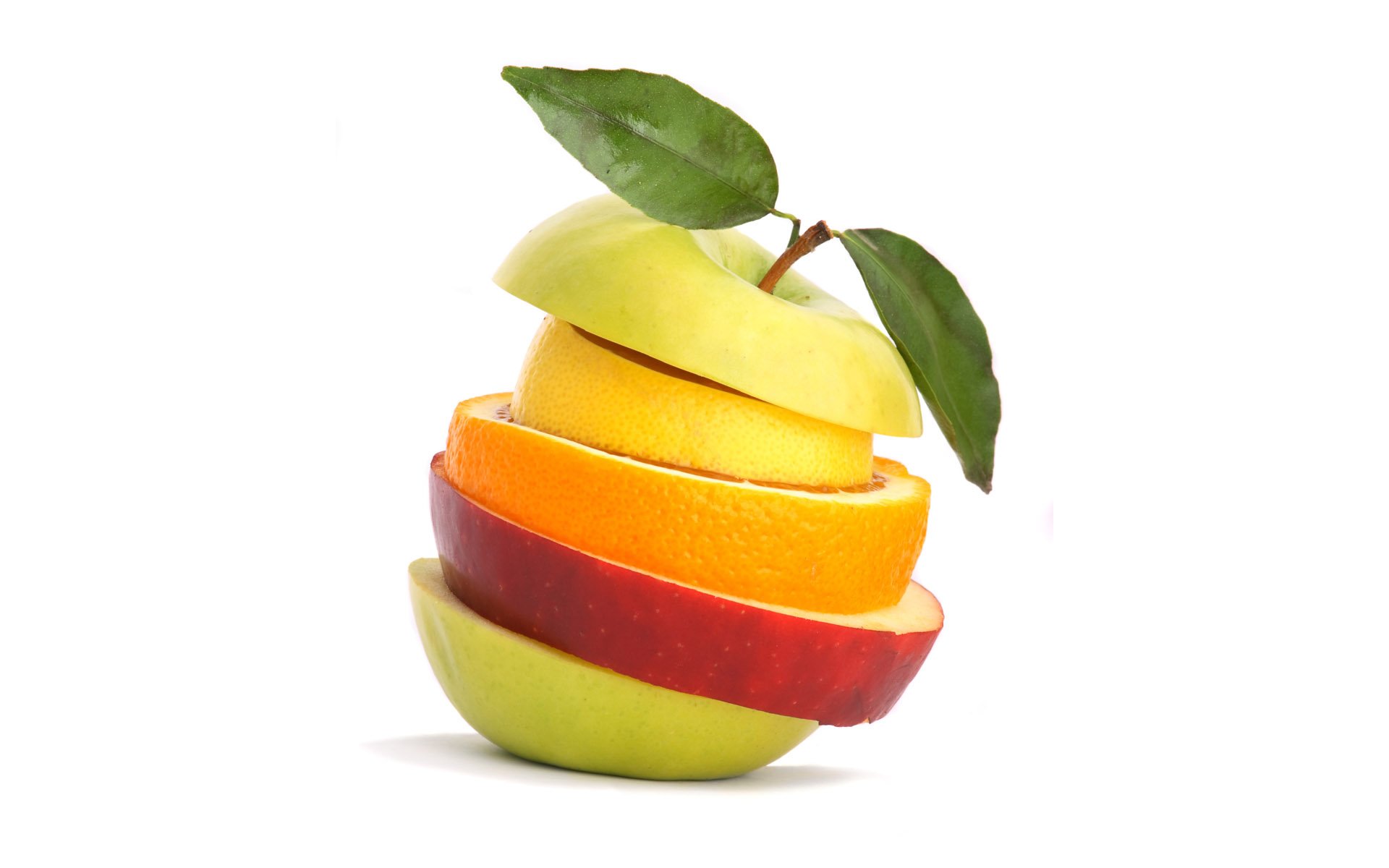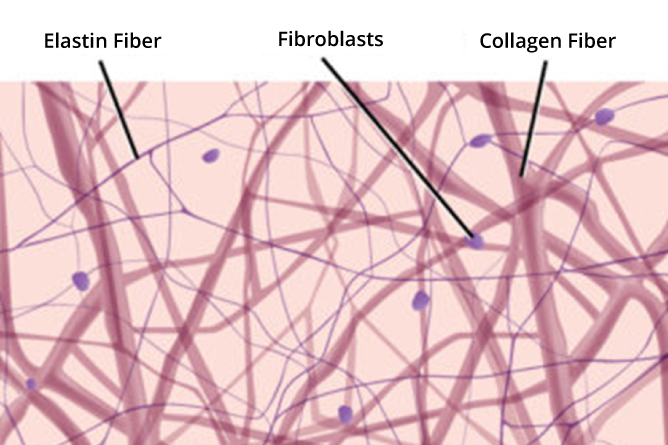
What's the danger of an all-fruit diet?
After learning that Ashton Kutcher had landed in the hospital trying to follow Steve Jobs’ all-fruit diet, CNN reader Sumday had just one question: “All I really wanted to know was why this diet was bad?”
Jobs first fell for extreme diets during his freshman year of college, according to Walter Isaacson’s biography “Steve Jobs.” Jobs and his college friend Daniel Kottke became vegetarians after reading “Diet for a Small Planet.”
Then Jobs read “Mucusless Diet Healing System” by Arnold Ehret; Ehret believed in eating nothing but fruits and starchless vegetables like spinach, carrots and cucumbers. Jobs began with two-day fruit fasts, eventually going for a week or more. “I got into it in my typical nutso way,” Jobs told Isaacson.
Ehret’s fruitarian diet, also called the Eden Garden Diet or Ehretism, is often used as a type of cleanse, according to LiveStrong.com. Designed to detoxify the system, it can do more long-term harm than good.
When you only eat fruit, you’re excluding a lot of valuable nutrients from your diet, says Marisa Moore, registered dietician and spokeswoman for the Academy of Nutrition and Dietetics. “Protein is one of the main ones that comes to mind,” she says. “(Without protein) you lose body weight. Protein acts like a building block for your muscles and skin and organs.” The same goes for fats, Moore says. Although they often get demonized, fats play an important role in our hormone levels and brain function.
Kutcher told reporters at the Sundance Film Festival that he ended up in the hospital with pancreas levels that were “completely out of whack.”
Fruit contains a lot of natural sugar, which needs to be controlled by insulin in the body, Moore says. It’s the pancreas’ job to release that insulin; Kutcher’s pancreas may have been overworked if his body was receiving an overload of sugar.
 |
| Source: USDA Nutrient Laboratory, Sugar Content of Selected Foods. |
Many readers wondered if an all-fruit diet could have led to Jobs’ pancreatic cancer, which led to his death in October 2011. Scientists don’t know what causes pancreatic cancer, according to the American Cancer Society. Certain inherited DNA mutations might play a role, as well as chemicals in our environment or diet.
Even if you don’t overwork your pancreas, you’re probably not eating enough calories on an all-fruit diet, Moore says. That puts the body into starvation mode, which can result in serious medical conditions like osteoporosis, severe dehydration and even heart failure, according to the National Eating Disorders Association.
Here’s the bottom line: Fruit is natural. It’s nutritious. The government recommends eating 1 to 2 cups of it a day. Just don’t go all “nutso” on it.
The idea of eliminating entire food groups is not only unhealthy but it’s also not sustainable. Most individuals would not be satisfied by consuming only fruit or fruit and vegetables only. According to the USDA the five food groups are fruits, vegetables, grains, proteins, and dairy. As you can see, the fruitarian diet excludes 3 out of the 5 food groups. Thus removing nutrients that are vital for our body to function properly, such as protein, fat, and vitamin B12.
Adopting an all-fruit diet from a functional medicine perspective can pose risks. While fruits provide essential nutrients, they’re primarily carbohydrates, leading to imbalances in macronutrients. Excessive fruit consumption may spike blood sugar levels, risking insulin resistance. Furthermore, it may lack crucial nutrients like protein and healthy fats, potentially causing deficiencies. Digestive discomfort and fructose malabsorption are common issues, along with an increased risk of dental problems and non-alcoholic fatty liver disease. Moreover, it can disrupt the gut microbiome due to dietary monotony. Thus, while fruits are nutritious, an exclusive reliance on them can lead to health imbalances.
The physicians and registered dietitians at Heal n Cure believe that the key to a healthy, balanced diet is eating a wide variety of whole, organic foods. This means staying away from as many processed foods as possible and sticking with foods that are found naturally in nature. Foods that should be encouraged are organic fruits and vegetables, raw nuts and seeds, legumes, whole grains, free range and hormone free chicken and eggs, wild fish, non-GMO tofu, heart healthy oils, and a moderate amount of low fat, plain dairy. This way of eating guarantees the consumption of all essential nutrients and protects the body from illness.


